Settlement Applications
Our team of immigration experts specialises in settlement applications, guiding individuals and families through the process of establishing permanent residence in the UK.
Home » Personal Services » Personal Immigration Solicitors » Settlement
On This Page
UK Settlement Applications with Tann Law
Our team of immigration experts specialises in settlement applications in the UK, guiding individuals and families through the complex process of establishing permanent residence.
What is UK Indefinite Leave to Remain (ILR)?
Settlement, also known as indefinite leave to remain (ILR), is a significant milestone in the immigration journey for individuals residing in the United Kingdom.
It represents a form of permanent residency, granting the right to reside in the UK without time restrictions or the need for further visas. ILR is often a precursor to applying for British citizenship, which brings additional rights and benefits.
Key Benefits of UK Settlement
Obtaining settlement status in the UK offers several key benefits:
Permanent Residency: Settlement provides individuals with the right to live and work in the UK without any time restrictions, offering long-term stability and security.
Access to Public Services: Settled individuals can access the UK’s public services, including healthcare through the National Health Service (NHS), education, and social benefits, on the same terms as British citizens.
Employment Opportunities: Settlement status opens up a wide range of employment opportunities in the UK, eliminating the need for sponsorship or work visas.
Pathway to Citizenship: Settlement is often a necessary step toward British citizenship. After holding settled status for a certain period, individuals may become eligible to apply for naturalisation as British citizens.
Family Reunification: Settled individuals may sponsor family members to join them in the UK, facilitating family reunification.
Eligibility for UK Settlement Applications
Eligibility criteria for settlement status in the UK vary depending on the specific immigration route or category under which an individual resides. Common routes to settlement include:
Family Reunion: Individuals joining a family member in the UK who have completed the required probationary period.
Work and Employment: Skilled workers, entrepreneurs, investors, and other work-related categories may be eligible for settlement after meeting specific residency and employment conditions.
Asylum and Humanitarian Protection: Individuals granted asylum or humanitarian protection may apply for settlement after a prescribed period.
Long Residence: Those who have resided continuously in the UK for an extended period, often ten years, may be eligible for settlement under the “long residence” category.
For more detailed eligibility criteria, please refer to the official UK government guidelines.
Applying for UK Indefinite Leave to Remain (ILR)
The process of applying for settlement in the UK involves submitting a comprehensive application to the Home Office. Generally, this requires evidence of continuous residency, adherence to immigration rules, and meeting specific eligibility criteria for the chosen settlement route. Common application requirements include:
Life in the UK Test: Passing this test demonstrates knowledge of British traditions and customs.
English Language Proficiency: Proof of English language skills, unless exempt due to age or specific visa categories.
Continuous Residence: Applicants must not have spent more than 180 days outside the UK in any 12-month period during the qualifying period.
For detailed information on the application process, visit the GOV.UK application page.
Our Support Services for Settlement Applications
At Tann Law, we deeply understand settlement applications, offering comprehensive support and guidance to individuals seeking to make the UK their permanent home. We handle various types of settlement cases, including:
Family Reunion: Assisting individuals who wish to join their family members already settled in the UK.
Spouse and Partner Visas: Helping couples navigate the complex requirements for spousal and partner settlement visas.
Long Residence: Supporting individuals who have resided in the UK for an extended period and are eligible for settlement.
Ancestry Visas: Guiding individuals with British ancestry through the settlement process.
Tier 1 Investor and Entrepreneur Visas: Offering expertise in settlement options available to investors and entrepreneurs.

Why Choose Tann Law for Settlement Services?
Our immigration experts possess in-depth knowledge of the settlement application process, ensuring that your case is handled with precision.
We meticulously review and assess all your documents, minimising the risk of errors that could result in application rejection. Furthermore, we provide personalised guidance tailored to your specific needs, offering the necessary support and advice for a successful application.
Rest assured, our team is dedicated to assisting you throughout the entire process.
FAQ for EU Settlement Scheme (EUSS) Partners
What is the EU Settlement Scheme (EUSS)?
The EU Settlement Scheme (EUSS) is a UK government initiative that allows EU, EEA, or Swiss citizens and their family members, who were living in the UK before 31 December 2020, to continue living in the UK after 30 June 2021. Eligible individuals can apply for either settled or pre-settled status.
What is the difference between settled and pre-settled status?
- Settled Status: Granted to those who have lived in the UK for a continuous 5-year period. It allows you to stay in the UK indefinitely.
- Pre-settled Status: Given to those who have not yet reached 5 years of continuous residence. It allows you to stay in the UK for a further 5 years, after which you can apply for settled status.
Can I still apply to the EUSS if I missed the deadline?
Yes, you can still apply if you missed the 30 June 2021 deadline, provided you have reasonable grounds for the delay. You will need to provide evidence and a detailed explanation for your late application.
What are considered reasonable grounds for a late application?
Reasonable grounds may include medical issues, family emergencies, or other significant events that prevented you from applying on time. Each case is assessed individually, and you must provide supporting evidence.
What rights do I have with settled or pre-settled status?
Both statuses allow you to work in the UK, use the NHS, enrol in education, access public funds if eligible, and travel in and out of the UK.
How do I apply for the EU Settlement Scheme?
You can apply online through the EU Settlement Scheme application page. You will need to provide personal details, proof of identity, and evidence of your residence in the UK.
What happens if my application is refused?
If your application is refused, you may be able to apply for an administrative review or appeal the decision, depending on the circumstances. It is advisable to seek legal advice in such cases.
Can my family members apply for the EUSS?
Yes, family members of EU, EEA, or Swiss citizens can apply for the EUSS if they were living in the UK before 31 December 2020. This includes spouses, civil partners, children, and other dependent relatives.
How long does it take to get a decision on my application?
Processing times can vary, but you will usually receive a decision within a few weeks. It is important to ensure that all required documents and information are submitted to avoid delays.
What should I do if my circumstances change after applying?
If your circumstances change after applying, such as a change in address or family situation, you should update your details with the Home Office as soon as possible to ensure your application reflects your current situation.
Book Your Consultation Today
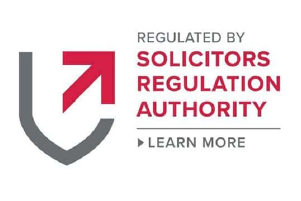
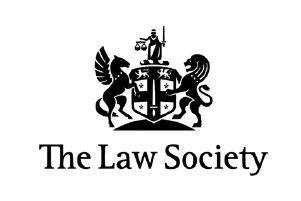
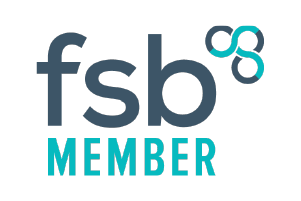

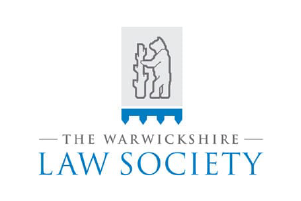


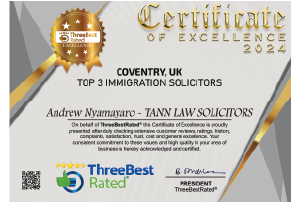

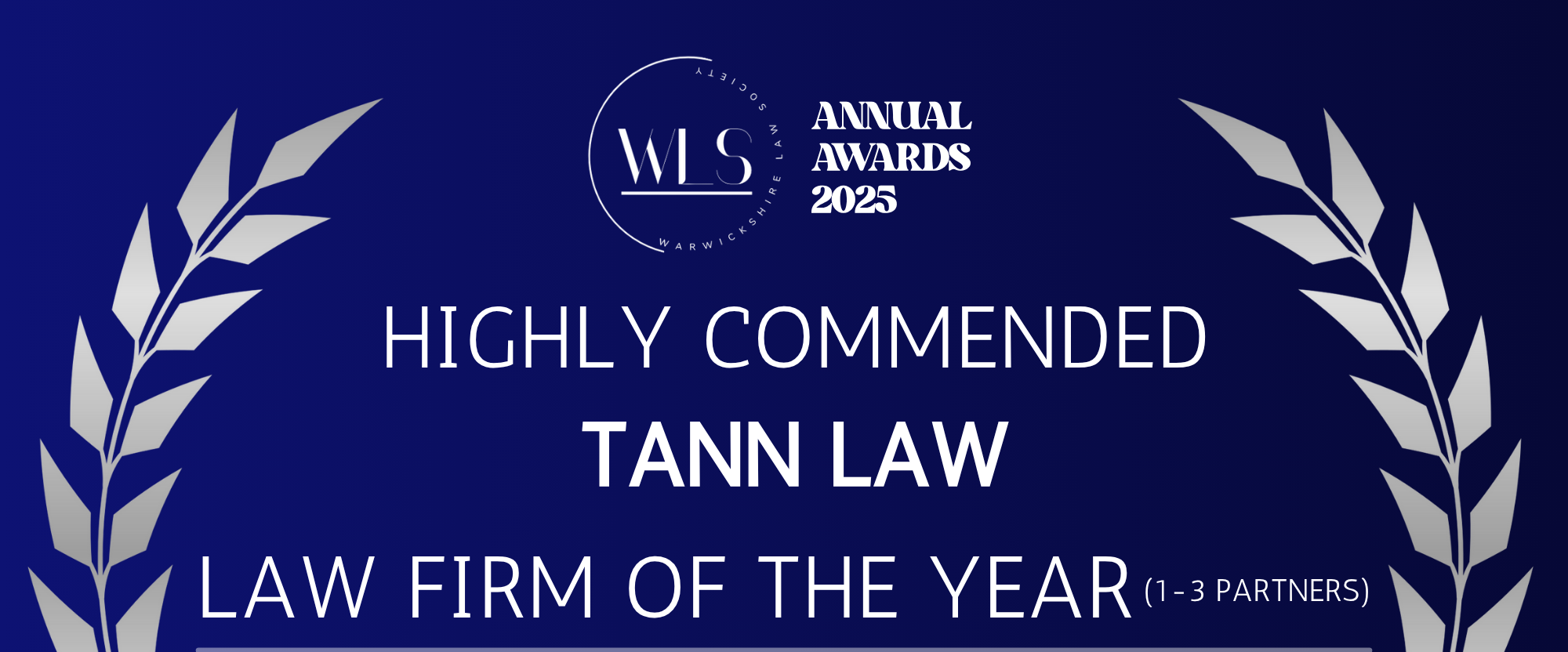
Get In Touch
"*" indicates required fields
